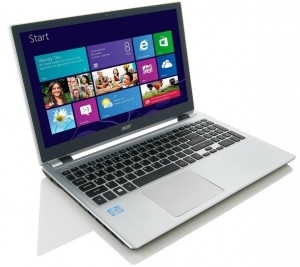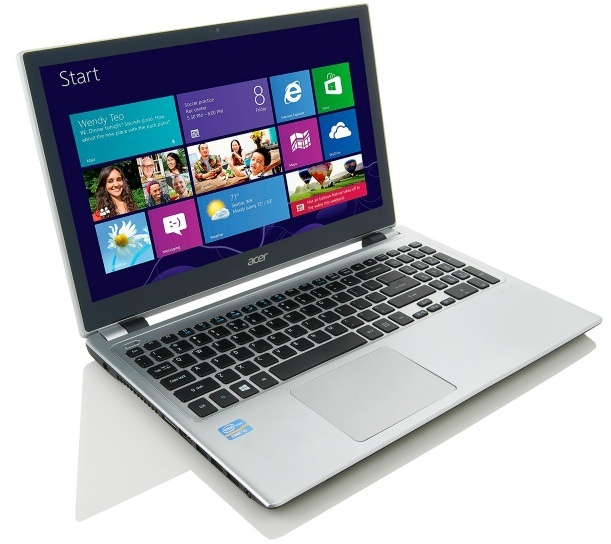There are various components of a laptop that are extremely crucial in its efficient and proper functioning. One of these components is the screen. Laptop screens are the ones which enable useful interaction with the laptop device. Without them, the computers would be useless. It is therefore very important to buy a laptop that has the right type of screen. The right laptop screen ensures that the display is high quality, better viewing angles are attained and the sight of the user is not compromised. This article explores various types of laptop screens, their characteristics and how to shop for laptop screens.

Types of Laptop Screens
Since the invention of the laptop, tablet pc, Smartphones and various other devices, different display technologies have been created and improved upon. Laptops in particular, make use of what is known as Liquid Crystal Display (LCD) technology where a series of liquid crystals are employed in producing images on the laptop screens. LCD laptop screens are further subdivided into three categories.
The first category is transmissive. A laptop computer with a transmissive screen consists of a thin film transistor. The transistor passes current through it and lights up diodes thus lighting up the screen. Production costs are low but the screen is not ideal for use outside or in bright environment. The second laptop screens type is the reflective screen. Reflective laptop screens differ from transmissive ones in that they lack any backlighting. They are thus not affected by bright lights but may appear dim in a normal indoor environment. Thirdly, there are the transflective screens. These are hybrids of the other two screen types. They become reflective outdoors and transmissive when indoors. They are more expensive to produce.
Laptop Screens Shopping Tips
If you are shopping for a new laptop there are some laptop screen tips you should remember. Whether they are Dell laptop screens or any other types, these tips apply across the board. The first thing you should consider is the size. If you are looking for a small size laptop that you can carry around, go for 14 inches. A 15 inch laptop is not as portable and is best used in one location. 17 inch laptop screens are meant to replace desktop computers and are tedious to lag around. The second aspect you should consider when it comes to laptop screens is the resolution. The resolution or number of pixels will depend on the screen size. 1280×800 is the ideal resolution for a small screen laptop computer (10-13 inches). For the biggest screen size (17 inches) the minimum resolution should be 1680×1050. The resolution greatly affects picture quality.
Other factors that you should look at include the backlighting aspect, whether it is a widescreen or standard screen, glossy or matte and also the ability to repair the screen in case of damage. It is also important to test the laptop screen before making any purchases so as to ensure full functionality. Ultimately, the type of laptop screen you opt for will greatly depend on the intended use of the computer, whether it will be for gaming or reading.
Author Bio
The author is a technology enthusiast with vast knowledge of laptop screens, their production, the technology used and also their functioning.

